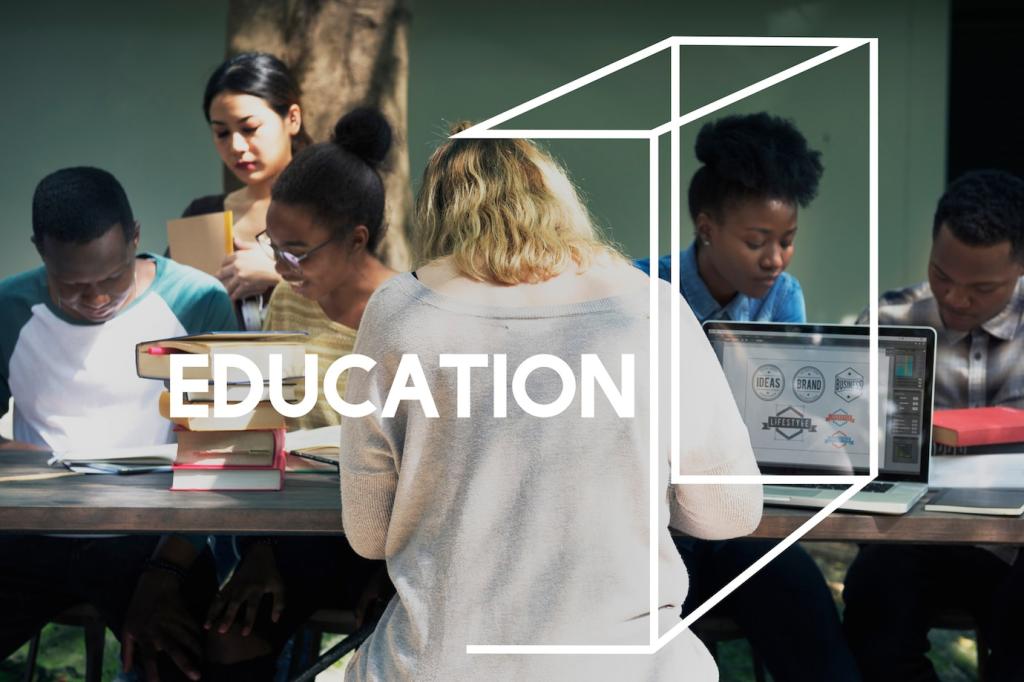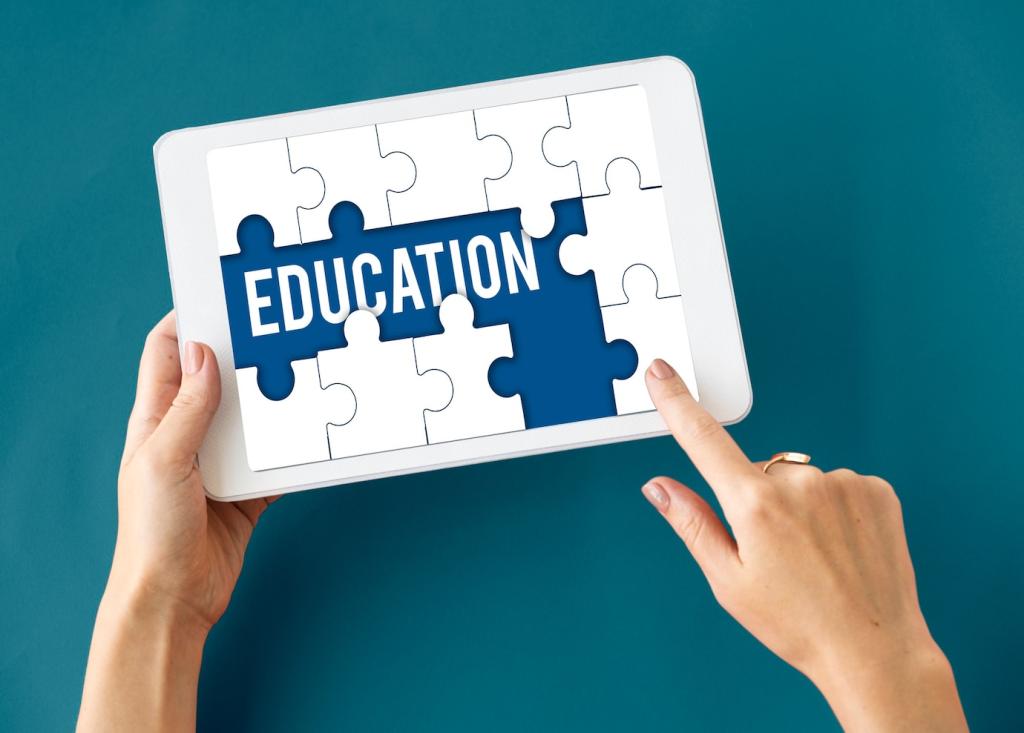Digital Features that Supercharge Learning
Follow embedded links and record your click path to visualize concept networks. This habit reveals overlooked subfields and helps you articulate how ideas interrelate across timelines, geographies, and disciplines in your final write-up.
Digital Features that Supercharge Learning
Export citations in your preferred style and set content alerts for updated entries. Regular notifications nudge timely revisits, keeping your definitions and literature reviews current without constant manual checking or scattered reminders.
Digital Features that Supercharge Learning
Share one digital feature that saved you time this month. Screenshots or brief walkthroughs welcome. Let others know how you integrated it into your research routine consistently.






